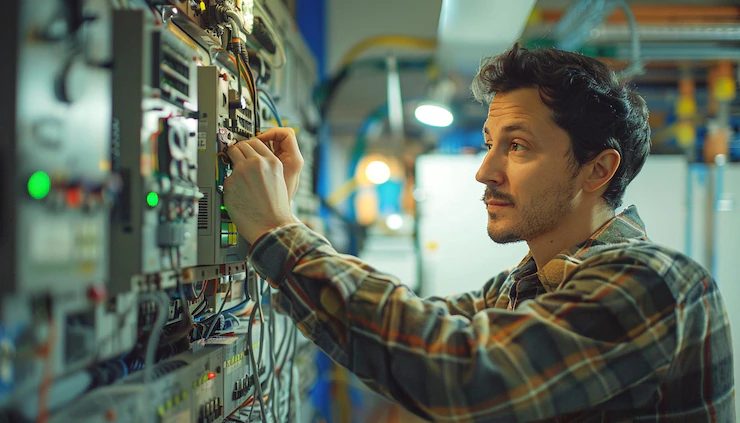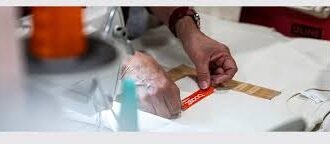When planning your next automation project or electrical upgrade, the quality of your electrical enclosure is just as important as the components it protects. But not all enclosures—or manufacturers—are created equal. Choosing the right electrical enclosure manufacturer can make the difference between a durable, maintenance-free system and one prone to failure, leaks, and costly downtime.
Why Manufacturer Selection Matters
Electrical enclosures play a vital role in protecting sensitive equipment such as control relays, PLCs, power distribution terminals, and VFDs. Whether installed indoors or outdoors, they must endure environmental stress, prevent unauthorized access, and comply with safety standards like IEC 60529 or NEMA ratings.
A reliable manufacturer does more than produce a metal box. They provide engineered solutions tailored to your operational environment, power needs, and scalability.
Key Factors to Consider When Choosing an Enclosure Supplier
1. Industry Expertise
Look for manufacturers who specialize in industrial applications—such as power distribution, energy storage, or automation control. Experience in these areas means better design, stronger materials, and smarter layout options.
2. Material and Finish Options
Top manufacturers offer enclosures in various materials:
Powder-coated steel for general indoor applications
SUS304/SUS316 stainless steel for corrosive or hygienic environments
Double-wall construction for enhanced thermal or impact protection
3. Customization Capabilities
If your system has unique size or ventilation requirements, or if you need special cutouts for meters, fans, or cable glands—a good manufacturer should provide flexible customization services, including CNC punching, laser cutting, and sealing solutions.
4. Compliance & Certification
Your manufacturer should be able to provide detailed technical drawings, 3D models, and certification data (IP66, CE, UL, RoHS, etc.). Compliance ensures not just safety—but also legal access to global markets.
Integrated Distribution Boards
In factory settings, most enclosures are designed to house distribution boards for load balancing, circuit protection, and power control. The enclosure must provide:
Secure DIN rail mounting
Adequate space for terminal blocks
Proper ventilation or fan/filter options
IP-rated sealing for dust and water protection
A qualified manufacturer will design both the enclosure and internal layout with this in mind—optimizing function and reducing installation time.
Case Example: Manufacturing Plant in Southeast Asia
One of our clients, a switchgear integrator in Malaysia, needed custom 1200mm x 800mm enclosures for battery distribution panels. We provided stainless steel enclosures with rear mounting plates, integrated foam sealing strips, and punched holes for push-button interfaces—delivered within 3 weeks.
That’s the value of working with a full-solution electrical enclosure manufacturer who understands industrial timelines and standards.
Conclusion
Choosing the right manufacturer means more than selecting a product off a shelf. It’s about building a long-term supply relationship that supports your business goals, reduces installation risk, and keeps your operations running efficiently.
🔗 Click here to get a quote on industrial enclosures or custom distribution board solutions tailored to your application.
🔗 Explore our capabilities as an experienced electrical enclosure manufacturer serving OEMs, panel builders, and global factories.

















